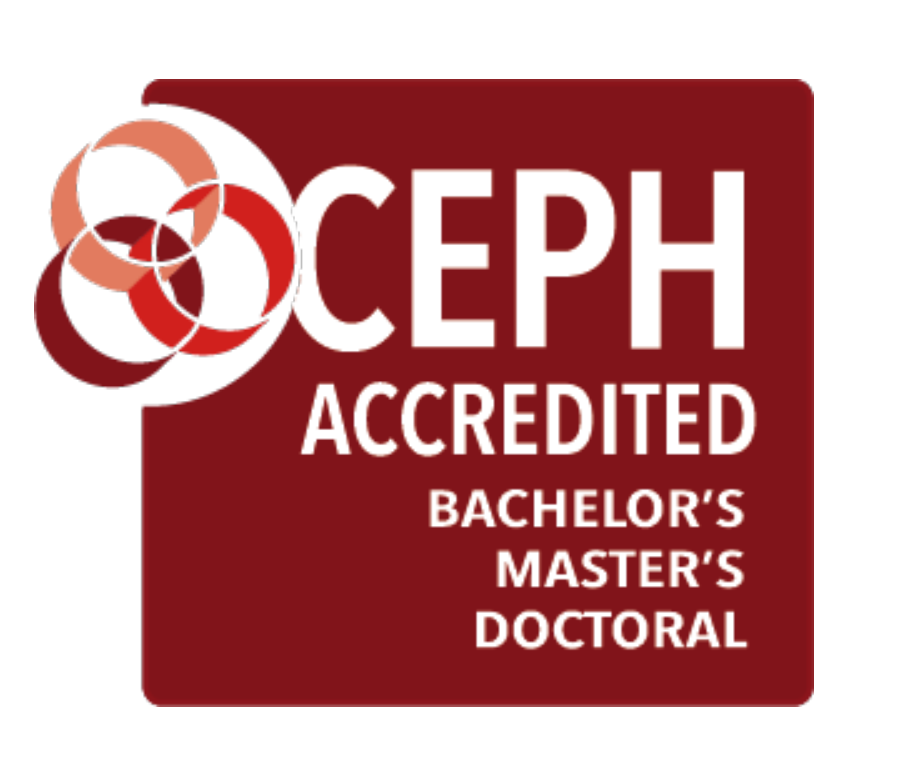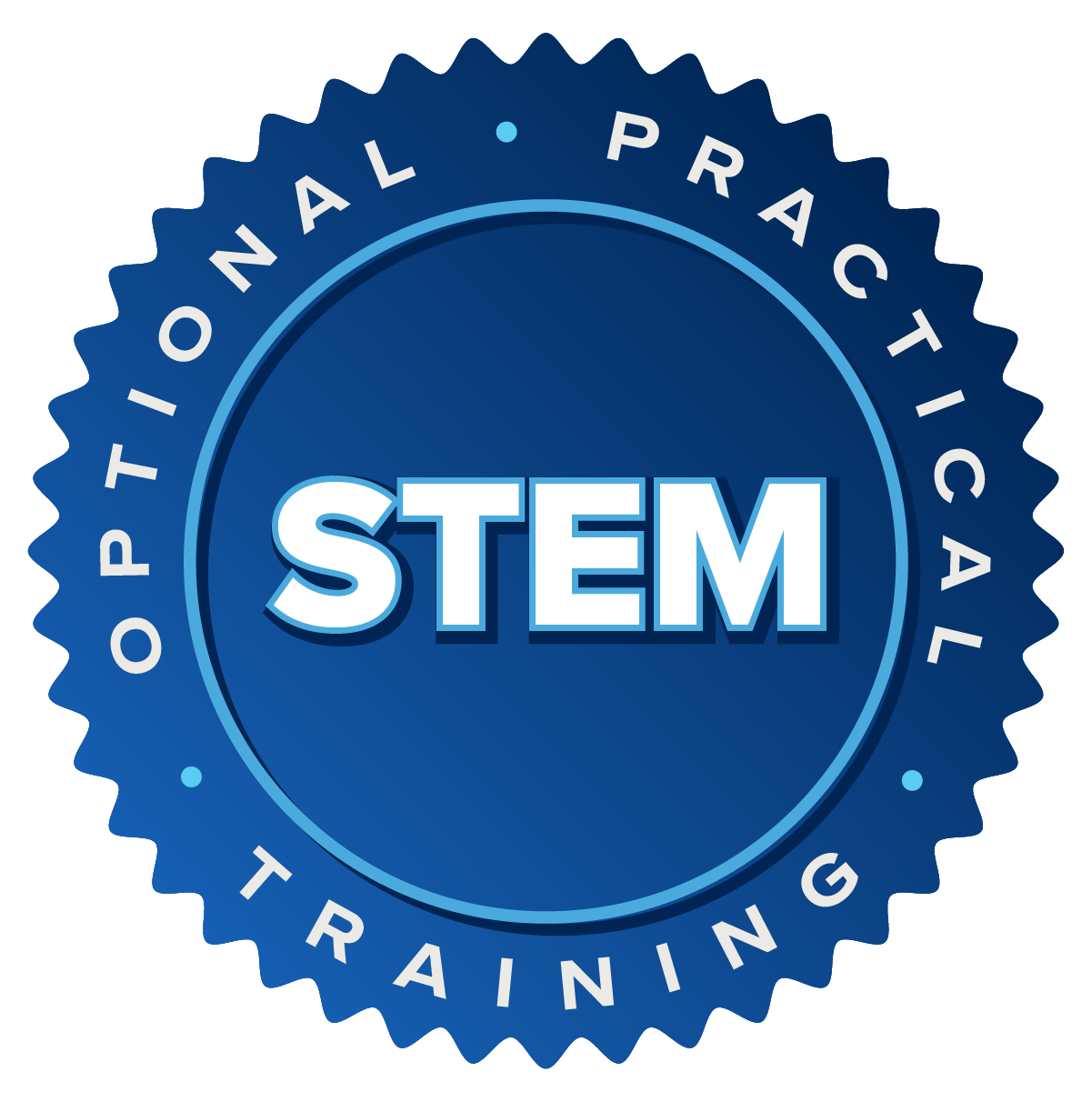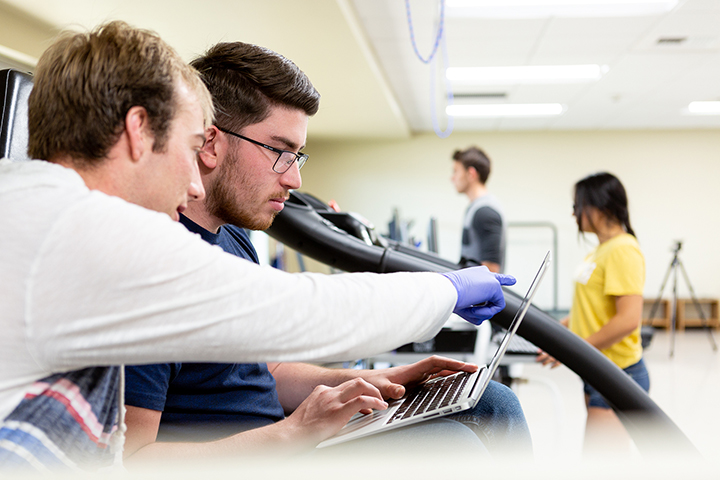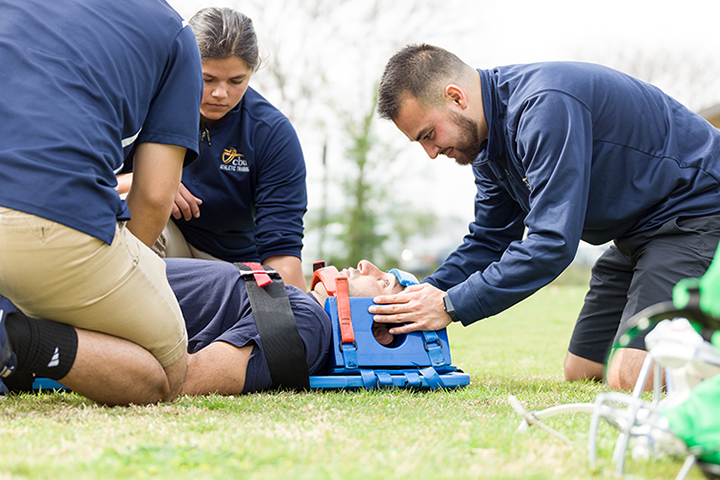
Public Health, MPH
The Master of Public Health (MPH) is the most widely recognized professional credential for leadership in public health. Graduates of this degree will meet the many exciting challenges in protecting the public’s health today and in the future.
Program Intro
To meet public health challenges, MPH students at CBU complete coursework to attain depth and breadth of expertise in the five core areas of public health knowledge. They’ll learn how to improve access to health care, control infectious disease, and reduce environmental hazards, violence, substance abuse and injury.


*Based on current academic year. Subject to change.
Why Earn Your Master of Public Health at CBU?
Work while learning
Many students in the MPH program work while enrolled in the program. MPH courses take place in the evenings and only twice weekly. This allows for students to be engaged in practice, research, and service opportunities during the day. Students may also gain practical experience serving as graduate teaching assistants or serving as research assistants.
Intern abroad
Students can complete their internship requirements abroad through the College of Health Science’s Global Health Engagement. The purpose of the 3-week practicum is to provide MPH students with an opportunity to expand their level of understanding of international health and public health, and offer students an opportunity to engage in cross-cultural experiences.
Join a national society
Select students can join the Eta Sigma Gamma Honorary Society, a national professional honorary society in health education that comprises a national headquarters and chapters at colleges and universities throughout the United States.
Program Details
HSC 502: Environmental and Occupational Health
This course introduces students to physical, chemical and biological hazards found in the environment and health risks associated with workplace and community exposure to them. Risks to special populations and mechanisms of reducing or controlling these risks are discussed.
HSC 516: Public Health Promotion and Disease Intervention
This course discusses approaches to health promotion and disease prevention intervention in different settings, using varied strategies, and for different target groups.
HSC 570: Outbreak and Emergency Preparation and Response
This course is an intensive introduction to public health emergency preparedness and response and covers a number of topics.
- Health Education and Promotion Concentration
- Health Policy and Administration Concentration
CBU's Public Health Program is proud to maintain full accreditation from the Western Association of Schools and Colleges (WASC) and the Council on Education for Public Health (CEPH).
To request a copy of the 2024 self-study report and/or the Official CEPH Accreditation Report, please email Department Chair of Public Health Sciences: Jbonome@calbaptist.edu.


Sangmin Kim, Ed.D., MCHES
Professor of Health Science
Office Phone: 951-552-8536
E-mail: sakim@calbaptist.edu
Office Location: Health Science Campus, H142

Robert LaChausse, Ph.D.
Professor
2023 Trustee's Distinguished Scholar Award
Office Phone: 951-552-8484
E-mail: rlachausse@calbaptist.edu
Office Location: Health Science Campus, H144

Marshare Penny, Dr.P.H.
Clinical Professor of Public Health
Office Phone: 951-552-8385
E-mail: mpenny@calbaptist.edu

Melissa Wigginton, DrPH, CHES
Professor of Health Science
Office Phone: 951-552-8537
E-mail: mwigginton@calbaptist.edu
Office Location: Health Science Campus, H138
- Apply epidemiological methods to the breadth of settings and situations in public health practice.
- Select quantitative and qualitative data collection methods appropriate for a given public health context.
- Analyze quantitative and qualitative data using biostatistics, informatics, computer-based programming and software, as appropriate.
- Interpret results of data analysis for public health research, policy or practice.
- Compare the organization, structure and function of health care, public health and regulatory systems across national and international settings.
- Discuss the means by which structural bias, social inequities and racism undermine health and create challenges to achieving health equity at organizational, community and societal levels.
- Assess population needs, assets and capacities that affect communities’ health.
- Apply awareness of cultural values and practices to the design or implementation of public health policies or programs.
- Design a population-based policy, program, project or intervention.
- Explain basic principles and tools of budget and resource management.
- Select methods to evaluate public health programs.
- Discuss multiple dimensions of the policy-making process, including the roles of ethics and evidence.
- Propose strategies to identify stakeholders and build coalitions and partnerships for influencing public health outcomes.
- Advocate for political, social or economic policies and programs that will improve health in diverse populations.
- Evaluate policies for their impact on public health and health equity.
- Apply principles of leadership, governance and management, which include creating a vision, empowering others, fostering collaboration and guiding decision making.
- Apply negotiation and mediation skills to address organizational or community challenges.
- Select communication strategies for different audiences and sectors.
- Communicate audience-appropriate public health content, both in writing and through oral presentation.
- Describe the importance of cultural competence in communicating public health content.
- Perform effectively on interprofessional teams.
- Apply systems thinking tools to a public health issue.
Is financial aid available to help pay for on-campus programs?
Our on-campus degrees offer a reputable and affordable option for earning your bachelor’s,
master's or doctorate degree.
Additionally, CBU has partnered with select employers to provide their employees with the opportunity to improve their career through their educational goals and receive a 20% tuition scholarship.
Learn more about tuition and financial aid.
As you make decisions about graduate school, keep in mind the full social, spiritual and educational experience awaiting you at CBU. Here, you will be supported by professors, staff and fellow students who will help you discover your strengths and challenge you to do more than you ever thought you could. Let us equip you with the education, training and opportunities you'll need to start making a unique difference doing what you love.
| Application Deadlines | Fall |
|---|---|
| Priority | May 15 |
| Standard | August 1 |
Career Possibilities
Graduates of CBU's Master of Public Health program will be well prepared for various careers in the industry. Some careers listed below may require further education.
- Public Health Program Coordinator
- Public Health Program Manager
- Communicable Disease Specialist
- Preparedness Program Coordinator
- Preparedness Program Manager
- Registered Environmental Health Specialist
- Research Analyst
- Health Policy Analyst
- Lecturer
- Instructor
- Community Health Worker
- Environmental Scientist
- Health Education Specialist
- Epidemiologist
- Bioterrorism Researcher
- Biosecurity Specialist
- Chief Medical Officer
- Clinical Infectious Disease Specialist
- Chronic Disease Management Coordinator
- Health and Safety Engineer
- Healthcare Administrator
- Biostatistician
Related Programs
Next Steps
Join our community. At CBU, you’ll be challenged to become an individual whose skills, integrity, and sense of purpose glorify God and distinguish you in the world.






